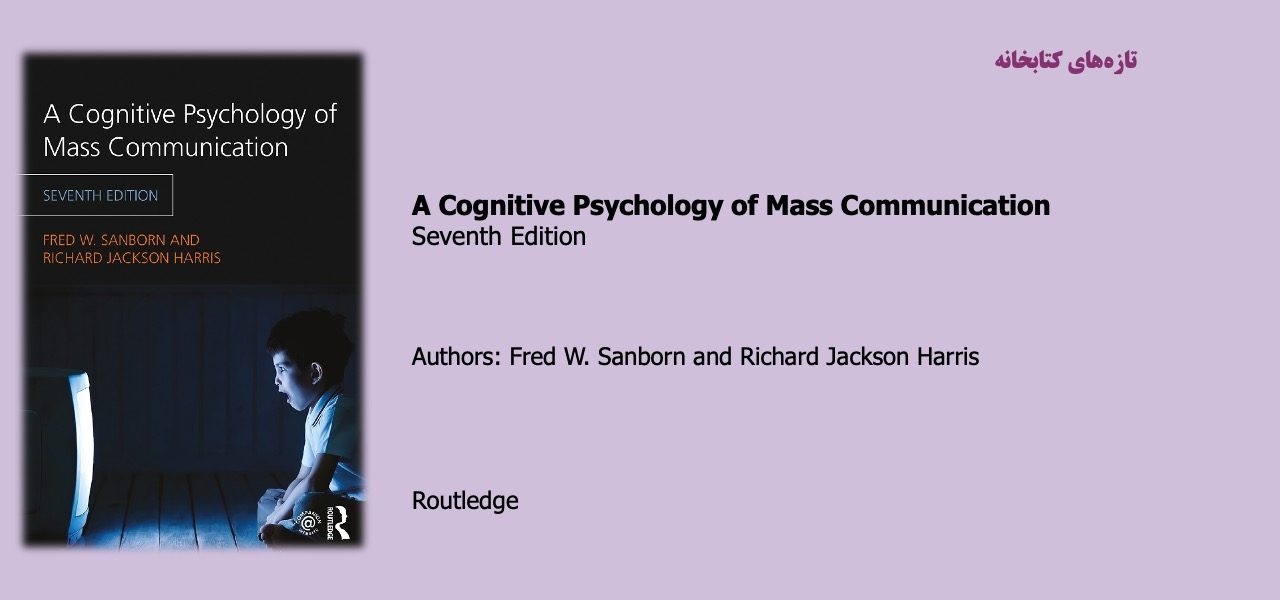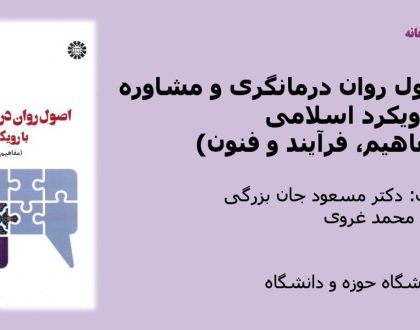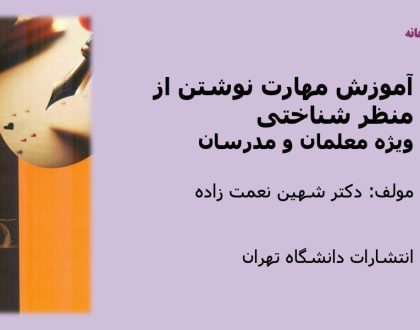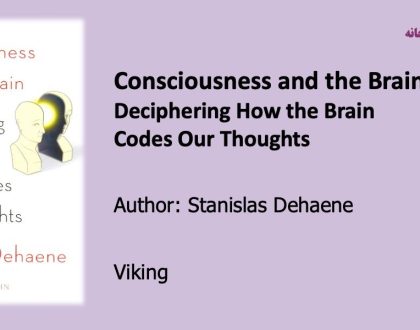A Cognitive Psychology of Mass Communication

Today’s traditional college- age students, born in the 1990s or 2000s, have no memory of life before the Internet. In their minds there has always been the capability to post videos online or keep track of their favorite celebrity on social media. Photographs, videos, or information about almost anything have always been instantly available.
They can’t remember arranging social gatherings without Facebook or text messages. E- mail is so last generation, and calling on a phone tethered by a cord when you can’t even text is almost unimaginable. They are as likely to watch a TV show on their computer, phone, or tablet as on a TV set. The world of media, and by extension entertainment and popular culture, has changed immensely in the last few decades.
Yet, in a broader perspective, such a communications revolution is not entirely unprecedented. Still photography and telegraphy were transformative in the 1840s, telephones a few decades later, and cinema starting around 1896 radically transformed the way people saw the world and communicated with each other. In the last hundred years or so, radio in the decade of the 1920s, television in the 1950s, video technology in the 1980s, the Internet in the 1990s, and social media in the 2000s also transformed our lives within a mere decade in each case.
مطالب مرتبط

اصول روان درمانگری و مشاوره با رویکرد اسلامی (مفاهیم، فرآیند و فنون)
۲۶ / بهمن / ۱۴۰۳

آموزش مهارت نوشتن از منظر شناختی
۲۶ / بهمن / ۱۴۰۳


